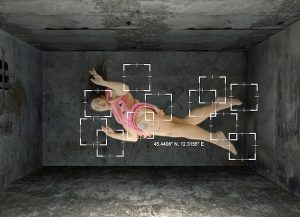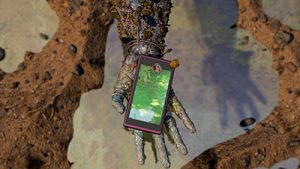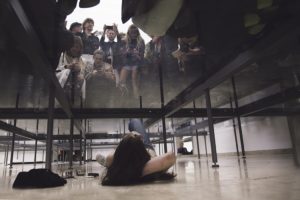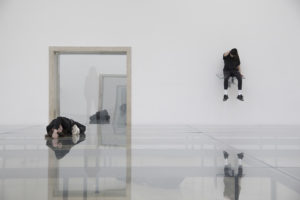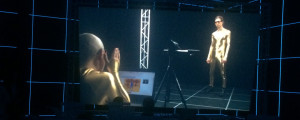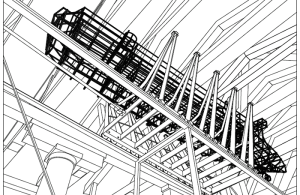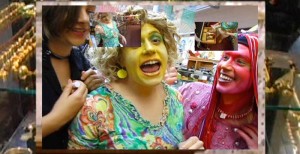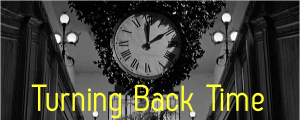Pizza is the new religion. It holds the same cultural capital and promises the same healing powers for millennials that organized religion once did for their ancestors. The holy trinity is now divined in the three edges of a single slice, and its iconography is everywhere. It is the “universal, omnipresent, truly globalized concept”, the “symbolic hub and social equalizer”, “the super meme of our times”, “the Internet of foods”. It should come as a little surprise then that the 56th Venice Biennale has hosted the first international pavilion dedicated to pizza “as a cultural canvas”, curated by Paul Barsch and Konstanze Schütze and inevitably called the Pizza Pavilion, running May 8 to November 22.
In a artistic reversal of sorts, the Pavilion applies artistic strategies to an everyday phenomenon, creating a site-specific situation piece that reflects contemporary paradigms and their various manifestations. “It is,” as the press release states, “a practical philosophical endeavour that turns the working local pizzeria, Pizza Al Volo, into an international Pavilion”.
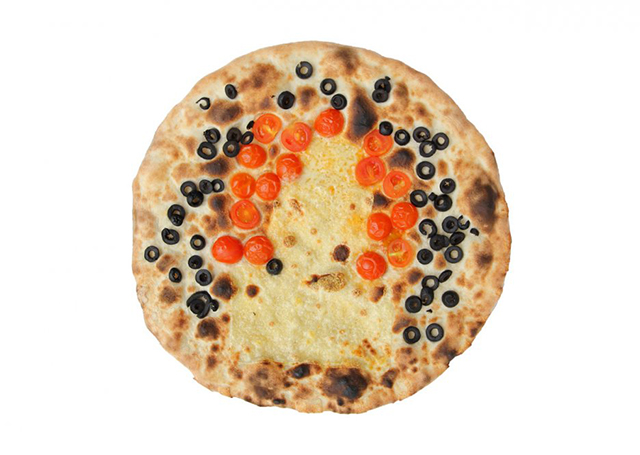
Participating in the piece are 19 different artists of the “post-digital” generation, invited to compose and title their own personal pizzas for a ‘Pizza Pavilion’ menu to be made available alongside the pizzeria’s regular one, including Santiago Taccetti, Lorna Mills, Alma Alloro and Tilman Hornig. The presence of the artist-produced pizzas, available for order, thereby turn the Italian pizzeria into an “art production studio and gallery, where one can witness the creation of an contemporary “artwork” and can buy and consume it directly”.
Exhibition photos, top right.
